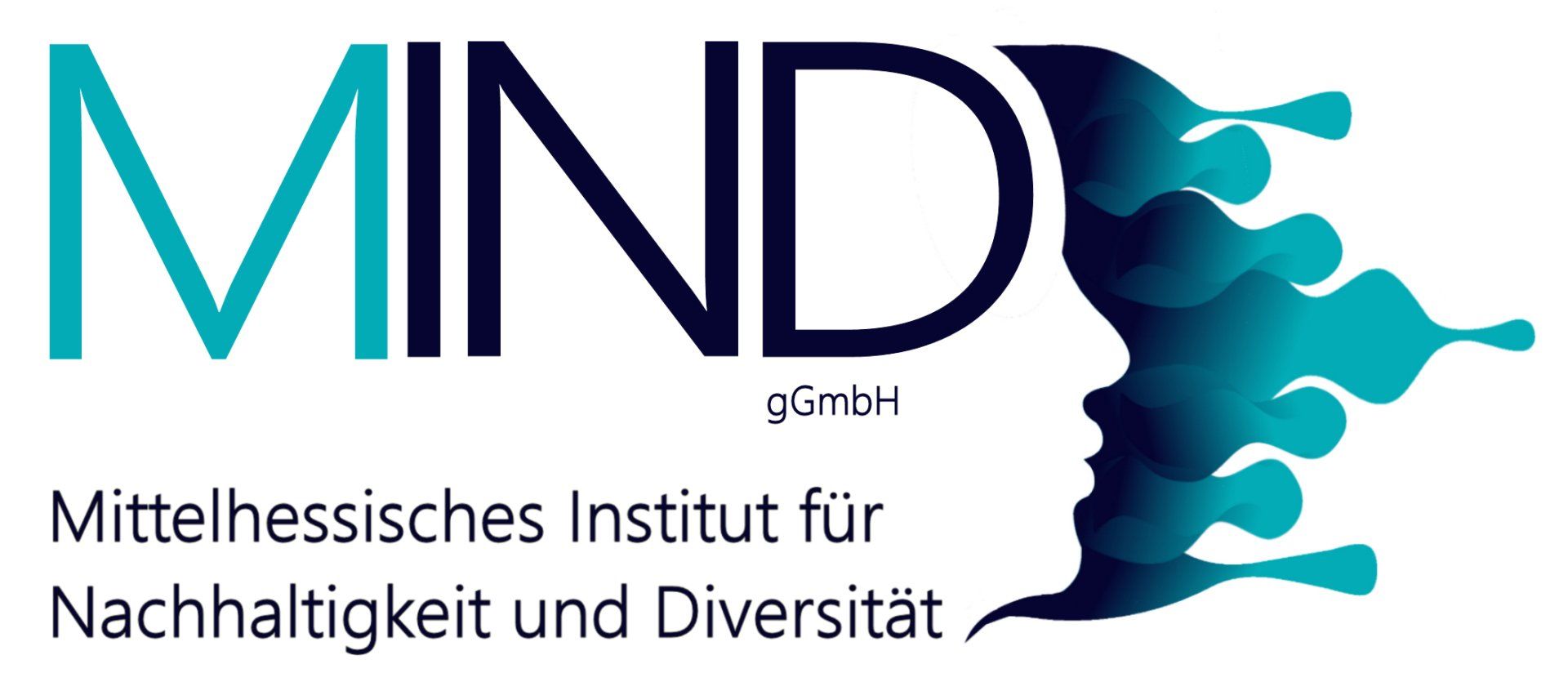The universe is immeasurably vast – and yet its significance depends on our perceiving, understanding, and categorizing it. Without consciousness, without life, without people asking questions and seeking answers, the Milky Way would remain an empty, meaningless space. This very idea informs our work: We focus our educational offerings on the subject of space because it is here that the big questions of origin, future, and responsibility become particularly tangible. And if there truly are no other civilizations in our galaxy with its approximately 400 billion suns, then it is our responsibility to ensure that our existence on this small planet lends meaning to this space.
Space inspires curiosity, creativity, and the ability to look beyond one's own horizons. It challenges us to understand complex relationships, think critically, and seek answers not in simple assertions but in verifiable findings. This makes astronomy not only a classic STEM subject, but also an ideal field for promoting scientific understanding, media literacy, and a culture of respectful debate.
The topic of space encompasses nearly all areas of STEM: Mathematics calculates the movements of planets, their orbits, and physical models. Computer science enables new insights into cosmic processes through simulations and data analyses. The natural sciences reveal the laws of physics, the formation of stars and galaxies, and the chemical composition of distant worlds. And technology develops the instruments – from telescopes to highly sensitive measuring devices – that allow us to view space in the first place. Thus, space connects all disciplines and makes it possible to experience how closely they interrelate.
At the same time, space is a cross-generational experience: Even children are fascinated by the twinkling stars, young people discover scientific challenges in them, adults gain new perspectives on the present, and we all find answers to life's big questions in the cosmos. Wondering at the starry sky combines curiosity, a sense of adventure, and philosophical depth – thus creating a connection that reaches and inspires people of all ages.
By combining STEM education, democracy promotion, and media education, we create a foundation on which people learn to evaluate complex information, handle knowledge responsibly, and shape the future together. Thus, looking up to the sky becomes a starting point for understanding one's own role in society and democracy.



